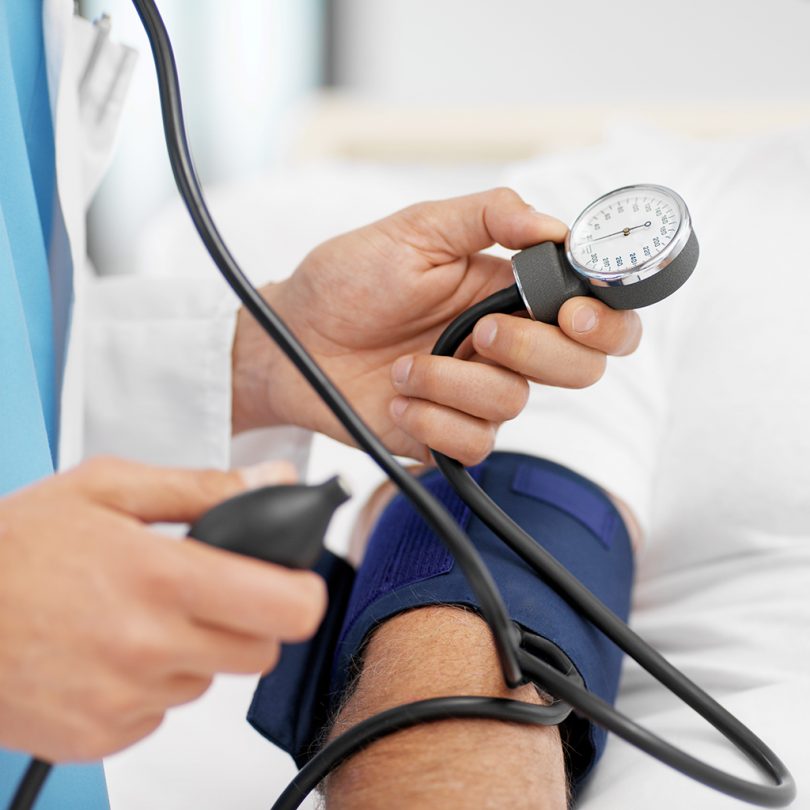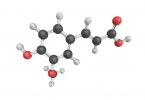Have you ever felt as if you are healthier at home than at the doctor’s office? Did you experience a spike in blood pressure levels while at the clinic, but somehow felt perfectly fine otherwise? While you might be inclined to think that you’re either unhealthy or perhaps losing your sanity, it’s much more likely that you’re suffering from a condition known as “white-coat hypertension”.
So, what is white-coat hypertension anyway, is it some kind of strange blood pressure condition that you should be worried about, or just your mind playing tricks on you?
White-coat hypertension is characterized as a phenomenon in which patients experience or exhibit elevated blood pressure levels in a clinical setting, with the primary cause being high anxiety. In other words, white-coat hypertension is a psychological response to the fear and anxiety of the clinical visit, and is not indicative of any larger health issues.
It is however somewhat telling that around 40% of those who have actively demonstrated a predisposition toward white-coat hypertension may in fact be demonstrating symptoms of pre-hypertension.
What can you do to cut down and / or eliminate white-coat hypertension?
Realizing that you are demonstrating a psychological response in lieu of a physical one is paramount. Realizing the truth inherent in your predilection toward nervousness and anxiety during clinical visits is an obvious “red flag” which should tell you right away that you need to step back, calm down, and reevaluate your situation. It should also be noted that some physicians / clinics / offices may employ the use of home-monitoring systems in order to check blood pressure levels; assuming that repeated clinical visits lead to the same dismal results. Psychological counseling might also help to alleviate the anxieties associated with or causing white-coat hypertension.
Those that demonstrate consistently elevated blood pressure levels should immediately consult with their position in order to determine a correct course of treatment. Those who are experiencing / demonstrating symptoms of white-coat hypertension may in factbe more prone to developing clinical hypertension; so be sure to get accurate readings, whatever the cost may be.







